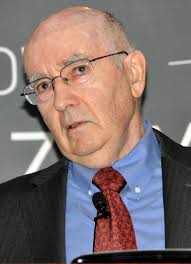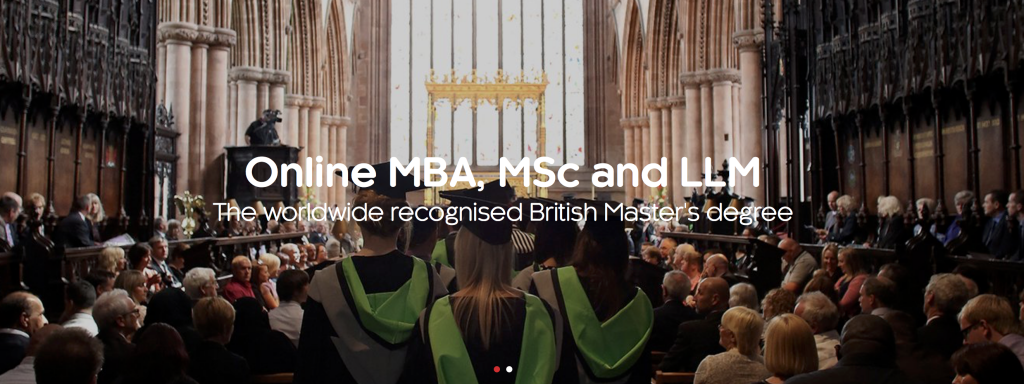Let’s admit it! Many of us are not pursuing careers that we dreamt of. Some of us may never have dreamt of a career and ended up doing what was available or what we see others doing. I feel happy (and jealous) of people who figured out early in their lives their career paths. For a variety of reasons, we all have thought of changing careers at some point in life; including those who were once happy with their jobs.
You are not alone if you are considering a career change. It has been an increasingly popular trend in employment history. It is becoming more likely that people will go through at least one career change in their lifetime.
Here are some stats.. BLS, the US Bureau of Labor Statistics, released results from the National Longitudinal Survey in August 2019 about the number of jobs, labor market experience and earnings growth of a sample of Americans tracked over 40 years. According to the survey, individuals held an average of 12.3 jobs from ages 18 to 52, with nearly half of these jobs held before age 25. In this news release, a job is defined as an uninterrupted period of work with a particular employer. On average, men held 12.5 jobs and women held 12.1 jobs from ages 18 to 52. Men held 5.9 jobs from ages 18 to 24, compared with 1.9 jobs from ages 45 to 52. The reduction in the average number of jobs held in successive age groups was similar for women.
Though it’s not uncommon, a career change should be thought through. Here are a few things you should consider before a career change:
Self-Introspection
It is critical to self analyze and find out why are you looking for a career change. What is the reason for your discontentment: is it the work or the work environment and co-workers? Are you financially insecure? (Experts advise not to base any decision solely on the basis of money). Are you stuck in the same position doing monotonous work for years, with limited scope for change if any? Are you losing the motivation? Have your priorities changed? Do you yearn for work-life balance? Are you not passionate about the job anymore? Do you simply want to search for a new ‘meaning’ to your life?
Being emotionally and financially strong
If you are still early on in your career, there may be fewer things to worry about before switching careers. However, if it is a mid-life or mature career change, make sure you sort the emotional and financial ties.
Get support
Communicate your thoughts and vision to your family, friends and colleagues. While some of them may discourage you and urge you to take sane decisions, it is important that you have a cushion of support around you at a time you would need it most.
Take small steps
Do not quit your current job until you find a new one, even if you feel being on the fence and frustrated. Start intensive research in the industry you envision yourself to be in and look for the skills required for those jobs. Make sure to update and personalize your resume for different jobs you may apply to. Explore free resources online for resume and skill development. Now is the ideal time to invest in yourself.
Build and Dive into your Network
Networking is the key to job search. While making conversation and networking may seem out of your comfort zone, you will be amazed to find how valuable a resource people are. Reach out to your contacts or build a network on social media for informational interviews that will not only help you understand the jobs you are interested in but if you are impressive enough they may even consider you for any open or potential positions! Consider volunteering for different organizations or events to build your network.
Consider further education
While some of your skills from the previous job are transferable, you may have to consider getting another degree. Some jobs may require you to have a certain professional qualification and association, or a Master’s degree. While in a job and considering a career change, you may not want an education debt and going back to school full time. Online education is the solution that will not only fit your busy schedule but also not burn a hole in your pocket. Robert Kennedy College offers Online Masters programmes in exclusive partnership with the University of Cumbria, University of Salford and York St John University. Download the catalogue to know more about the programmes.
I am sure the points above give some food for thought and changing careers does not seem to be as intimidating. If you approach the change radically, it looks more like an achievable dream. We would love to hear from you how you coped with career change. Share your story and advice in the comments below.



